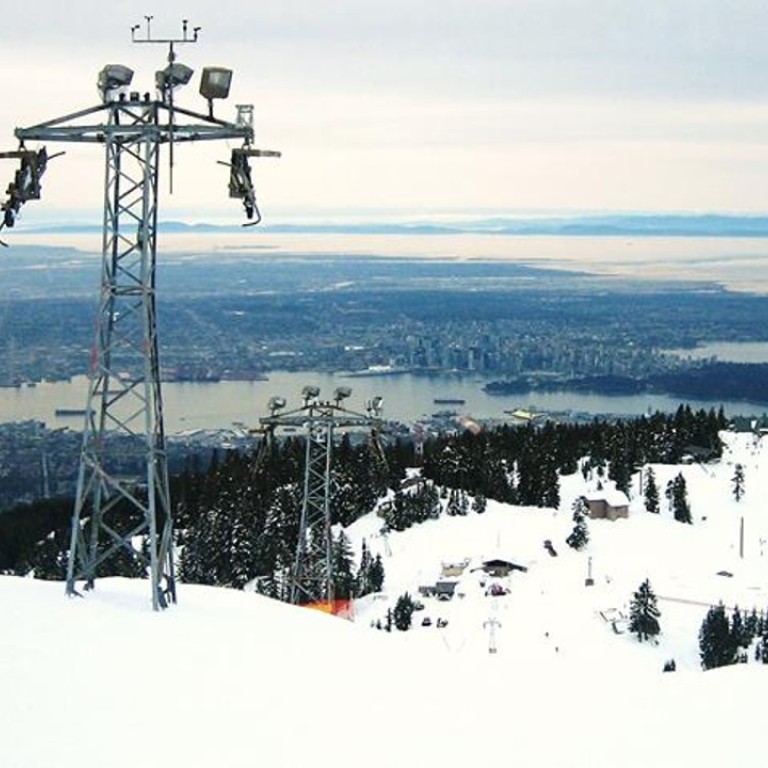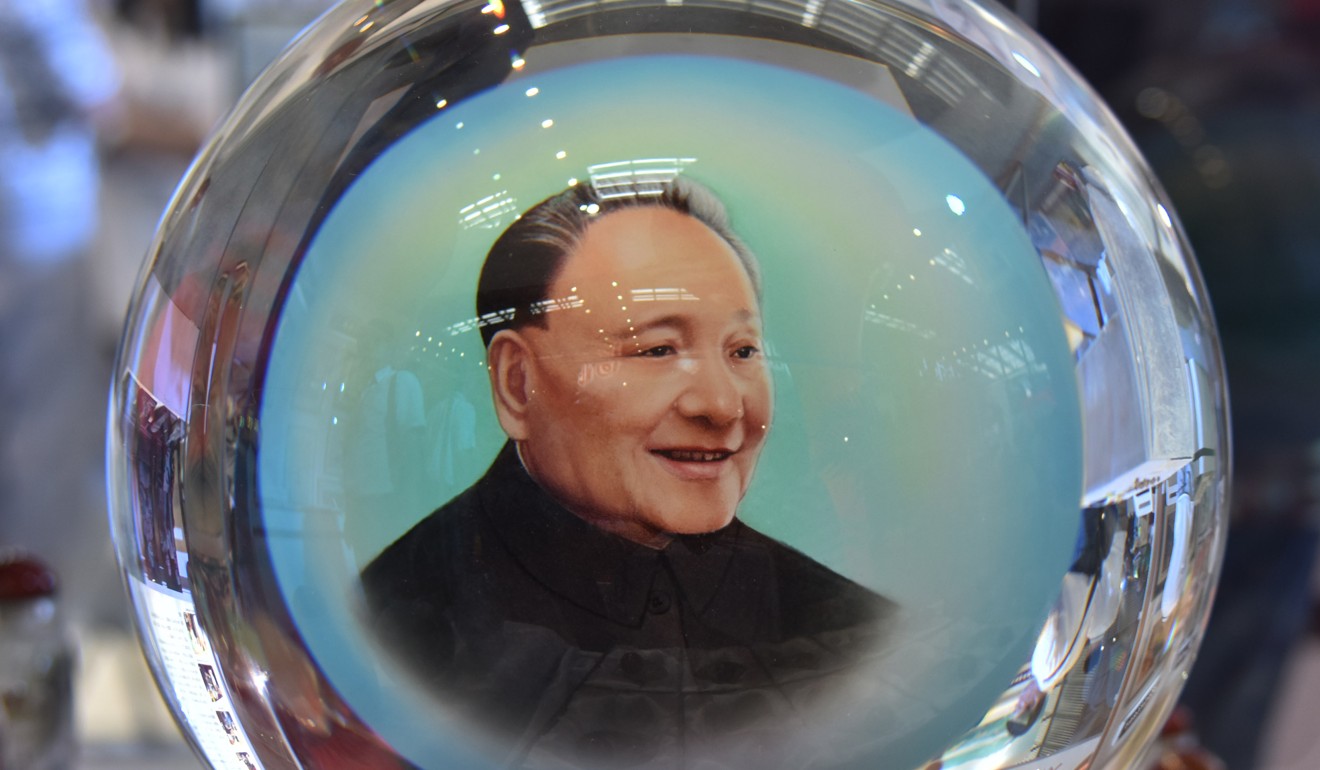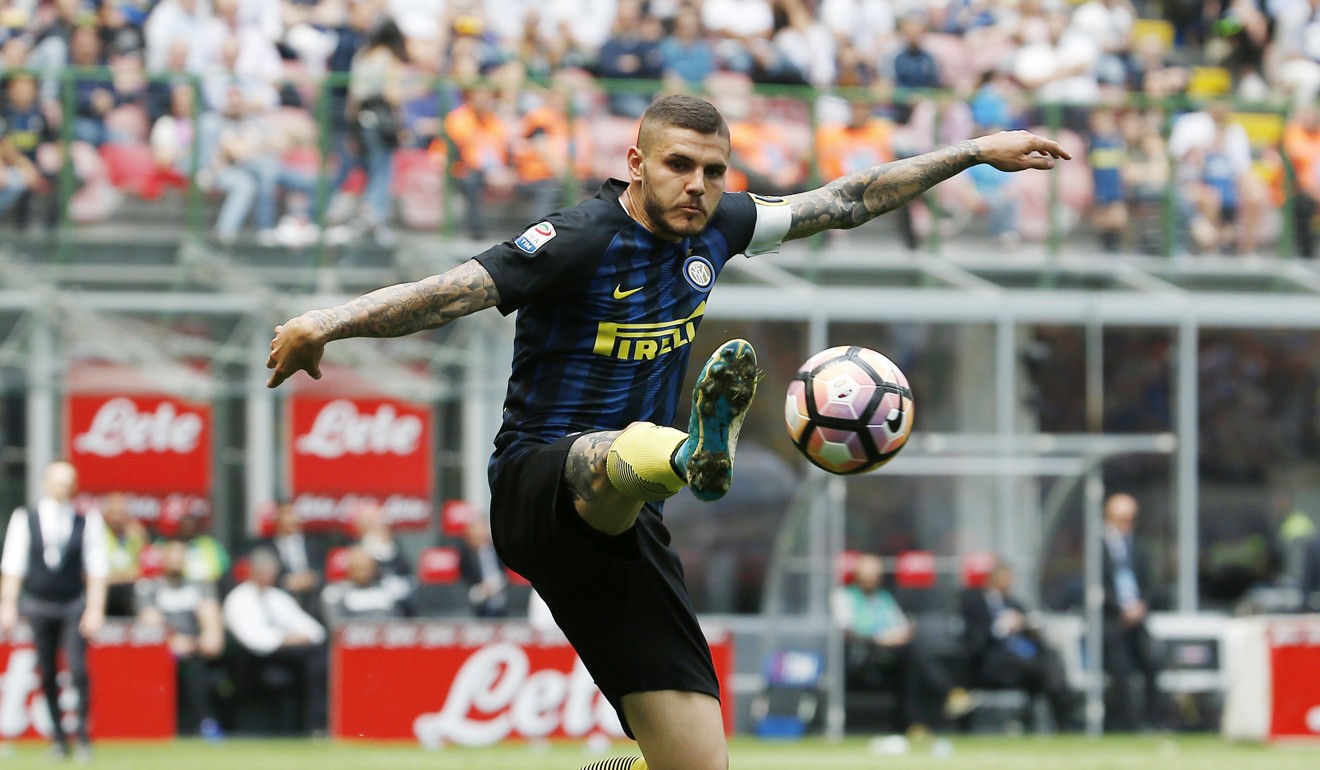
What’s real and what’s not? China’s grip on overseas deals leaves everyone in the dark
On the day after former British prime minister Margaret Thatcher died, Jonathan Portes, a professor of economics and public policy at King’s College, said on BBC Radio 4: “In 1979, a quarter of a century ago, a politician came to power with a radical agenda of market-oriented reform – a plan to reduce state control and release the country’s pent-up economic dynamism. That changed the world, and we’re still feeling the impact. His name, of course, was Deng Xiaoping.”
China’s sheer size and the country’s migration from state planning to market economy made it a force for truly globalised investment and trade. Its interpretation of capitalism -- with Chinese characteristics -- has not only been unique, but sometimes risky for everyone involved.
Recent events show that as Beijing throttles back hard on financing acquisitions by Chinese conglomerates, it may be inducing a market crash.

In 2016, overseas acquisitions reached a high of US$170 billion. Indeed, the situation has become so controversial that even Chinese technology tycoons are calling out suspected frauds.
LeEco “is obviously a Ponzi scheme,” said Zeng Liqing, co-founder of Tencent Holdings. “You don’t belong in the investment market or entrepreneurial world if you can’t see that.”
The conflicting and confusing news surrounding the activities of big Chinese companies, their tycoons and their proxies make investors wonder who the “man behind the man” is.
Facts and half truths become convoluted. No one can discern if listed state-owned enterprises are masquerading as private companies. Or are private-sector companies actually controlled by the government as if they were agents and arms of the state?
As Chinese firms leverage their expansion overseas into so many businesses, private- and state-sector companies that appear commercially oriented must dread – but heed – any calls from Beijing telling them to cancel an acquisition even if no offshore loans are used.

Some deals appear to be successfully approved. The recent purchase of Grouse Mountain Resort by a Canadian company established by a unit of China Minsheng Investment Group for a reported C$200 million represents an exception in the current environment. What it may demonstrate is that in China, policy directives override regulations.
Normally, banks and capital markets allocate credit and equity according to market and business risk. However, credit can often be decided based on political reasons in China.
Now borrowers and financial advisers have to guess how deals get done or undone by regulators. No one can ascertain what exactly the new formal and informal approval processes are. But everyone knows that a purge is under way as state media joins the fray, acting as the spokesperson for regulators.
Such deals were “not real … they are de facto asset transfers”, state-run China Central Television quoted a researcher with China’s leading think tank as saying last week. “They were not meant to invest money [for profit] but to move assets abroad,” said Yin Zhongli, who works for the Chinese Academy of Social Sciences, which is affiliated with the State Council, according to a report by the South China Morning Post.
The line between asset transfer and money laundering is diaphanous. Yet, mainland Chinese conglomerates have tremendous incentives to establish overseas assets and businesses. Holding cash offshore can always be blocked or withdrawn. But, putting money to work and buying a business allows money to be moved in and out of accounts; executives can be transferred as expatriates and open their own offshore accounts.
The gradual opening of China’s capital account was supposed to allow mainland companies to make overseas acquisitions without the need for cumbersome regulatory approvals to move their funds. Now that policy has been thrown into doubt and contradicted.
Market makers know that liquidity is best controlled when both sides – buyers and sellers – have equal information and preferably, as in this case, when both are rendered equally ignorant as to the outcome of transactions.
And this is what has occurred as the Chinese government has decided to act as an arbitrator of overseas acquisitions behind closed doors. It has left buyers and sellers in the dark as to whether or not their deals were ever real in the first place.
Peter Guy is a financial writer and former international banker

